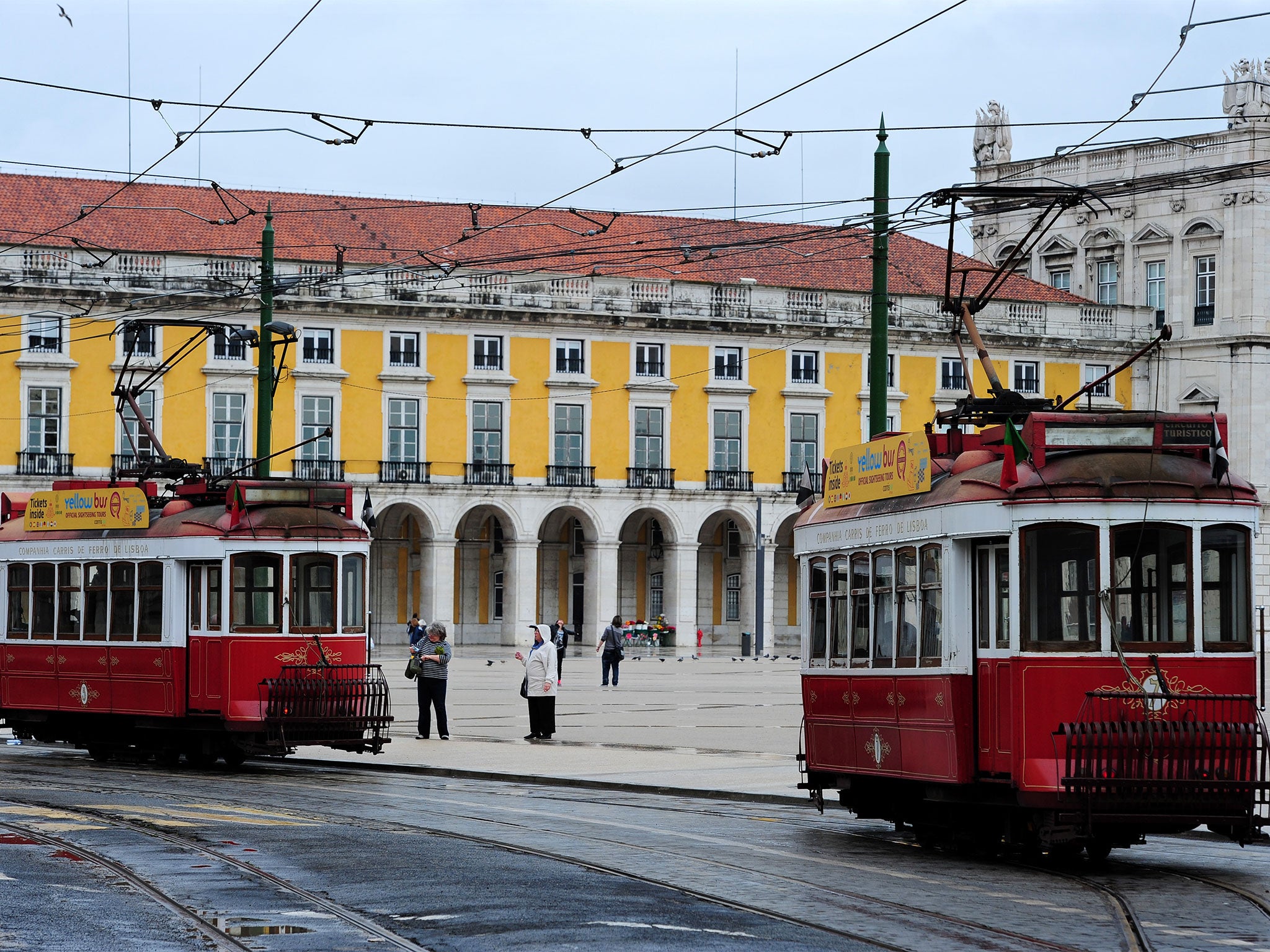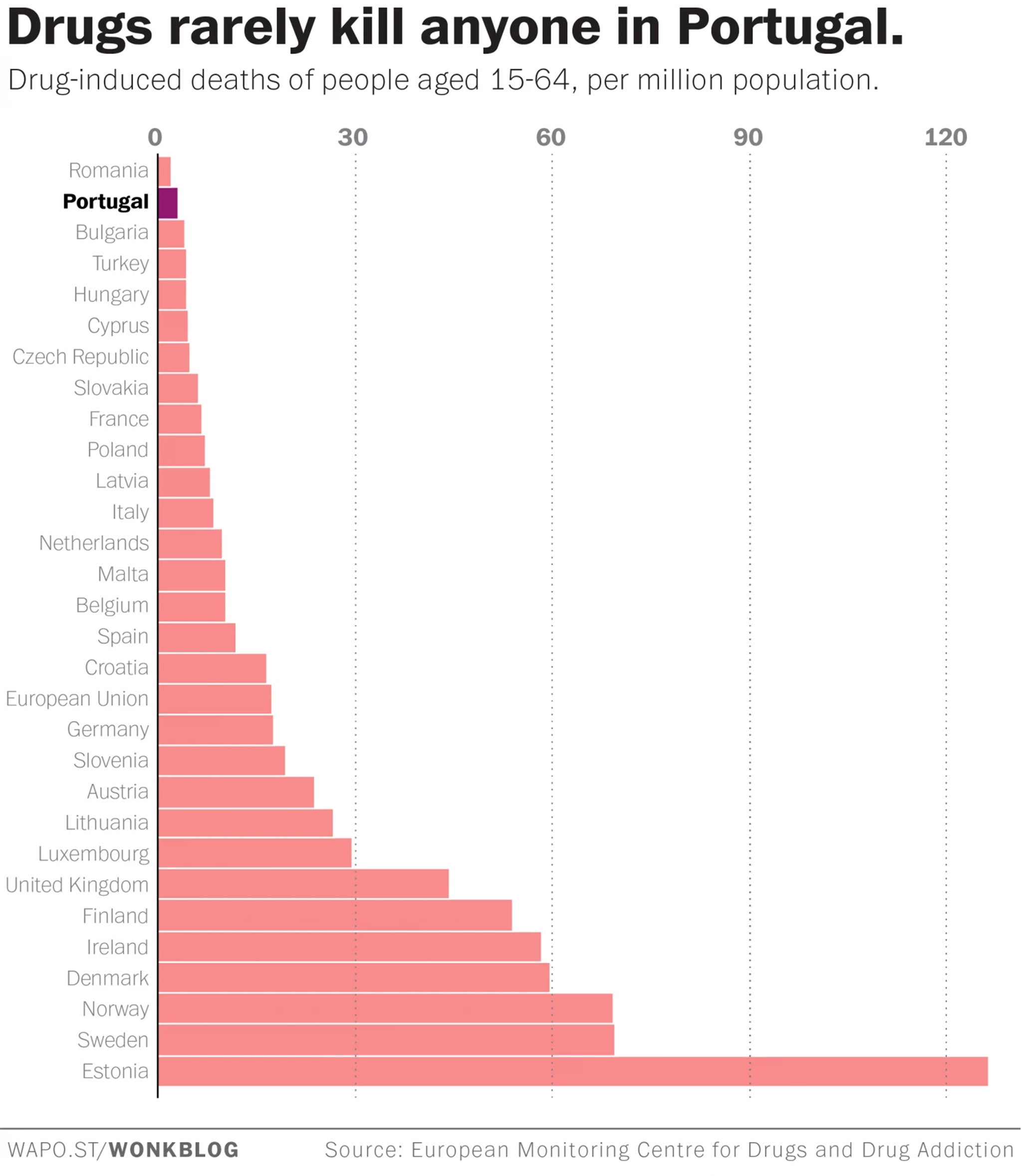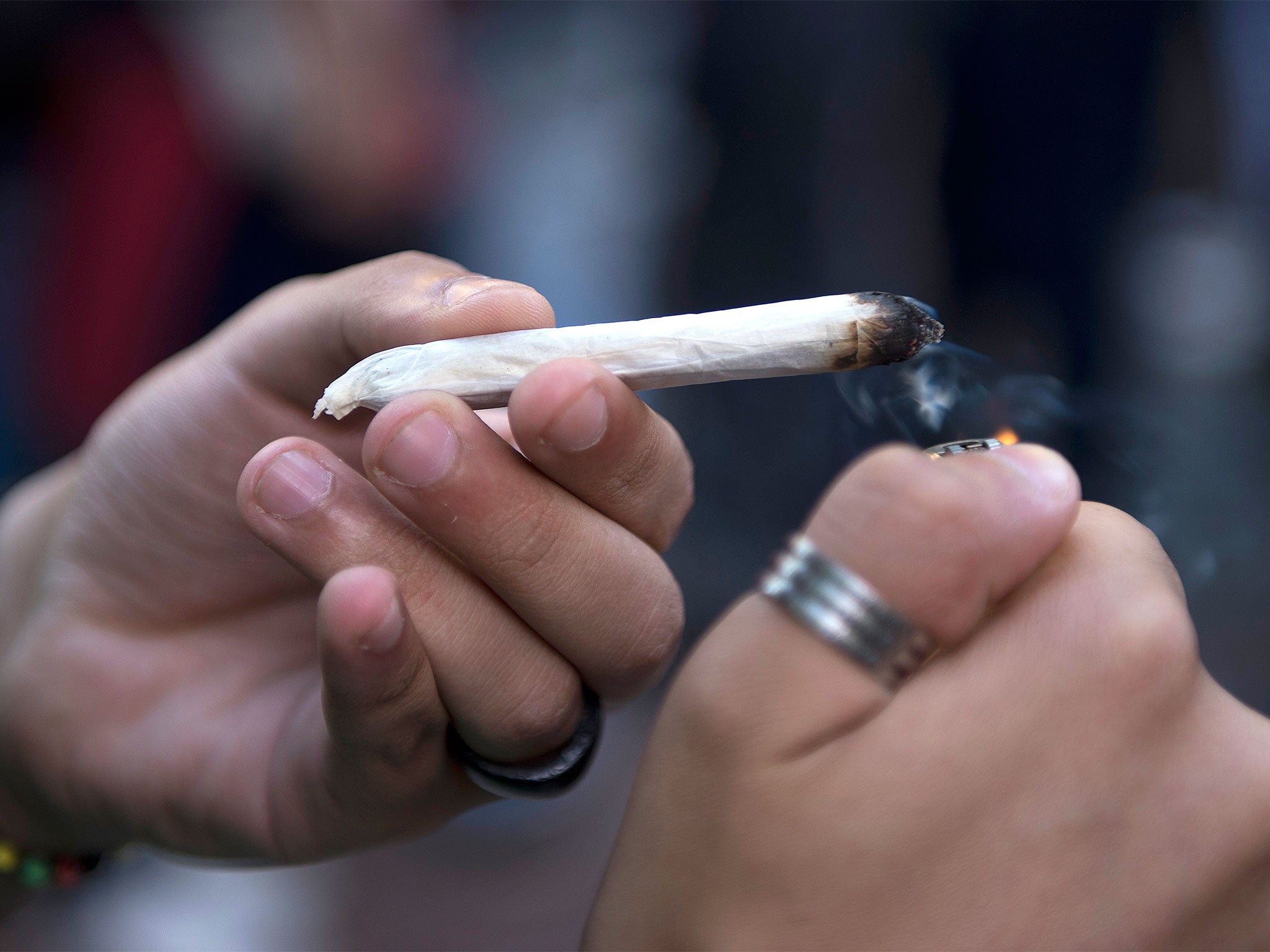Portugal decriminalised drugs 14 years ago – and now hardly anyone dies from overdosing
The country has 3 overdose deaths per million citizens, compared to the EU average of 17.3

Your support helps us to tell the story
From reproductive rights to climate change to Big Tech, The Independent is on the ground when the story is developing. Whether it's investigating the financials of Elon Musk's pro-Trump PAC or producing our latest documentary, 'The A Word', which shines a light on the American women fighting for reproductive rights, we know how important it is to parse out the facts from the messaging.
At such a critical moment in US history, we need reporters on the ground. Your donation allows us to keep sending journalists to speak to both sides of the story.
The Independent is trusted by Americans across the entire political spectrum. And unlike many other quality news outlets, we choose not to lock Americans out of our reporting and analysis with paywalls. We believe quality journalism should be available to everyone, paid for by those who can afford it.
Your support makes all the difference.Portugal decriminalised the use of all drugs in 2001. Weed, cocaine, heroin, you name it — Portugal decided to treat possession and use of small quantities of these drugs as a public health issue, not a criminal one. The drugs were still illegal, of course. But now getting caught with them meant a small fine and maybe a referral to a treatment program — not jail time and a criminal record.
Among Portuguese adults, there are 3 drug overdose deaths for every 1,000,000 citizens. Comparable numbers in other countries range from 10.2 per million in the Netherlands to 44.6 per million in the UK, all the way up to 126.8 per million in Estonia. The EU average is 17.3 per million.
Perhaps more significantly, the report notes that the use of "legal highs" – like so-called "synthetic" marijuana, "bath salts" and the like – is lower in Portugal than in any of the other countries for which reliable data exists. This makes a lot of intuitive sense: why bother with fake weed or dangerous designer drugs when you can get the real stuff? This is arguably a positive development for public health in the sense that many of the designer drugs that people develop to skirt existing drug laws have terrible and often deadly side effects.

Drug use and drug deaths are complicated phenomena. They have many underlying causes. Portugal's low death rate can't be attributable solely to decriminalisation. As Dr. Joao Goulao, the architect of the country's decriminalization policy, has said, "it's very difficult to identify a causal link between decriminalisation by itself and the positive tendencies we have seen."

Still, it's very clear that decriminalisation hasn't had the severe consequences that its opponents predicted. As the Transform Drug Policy Institute says in its analysis of Portugal's drug laws, "The reality is that Portugal’s drug situation has improved significantly in several key areas. Most notably, HIV infections and drug-related deaths have decreased, while the dramatic rise in use feared by some has failed to materialise."
As US state legislatures debate with issues like marijuana legalisation and decriminalisation in the coming years, Portugal's 15-year experience may be informative.
Copyright: Washington Post
Join our commenting forum
Join thought-provoking conversations, follow other Independent readers and see their replies
Comments